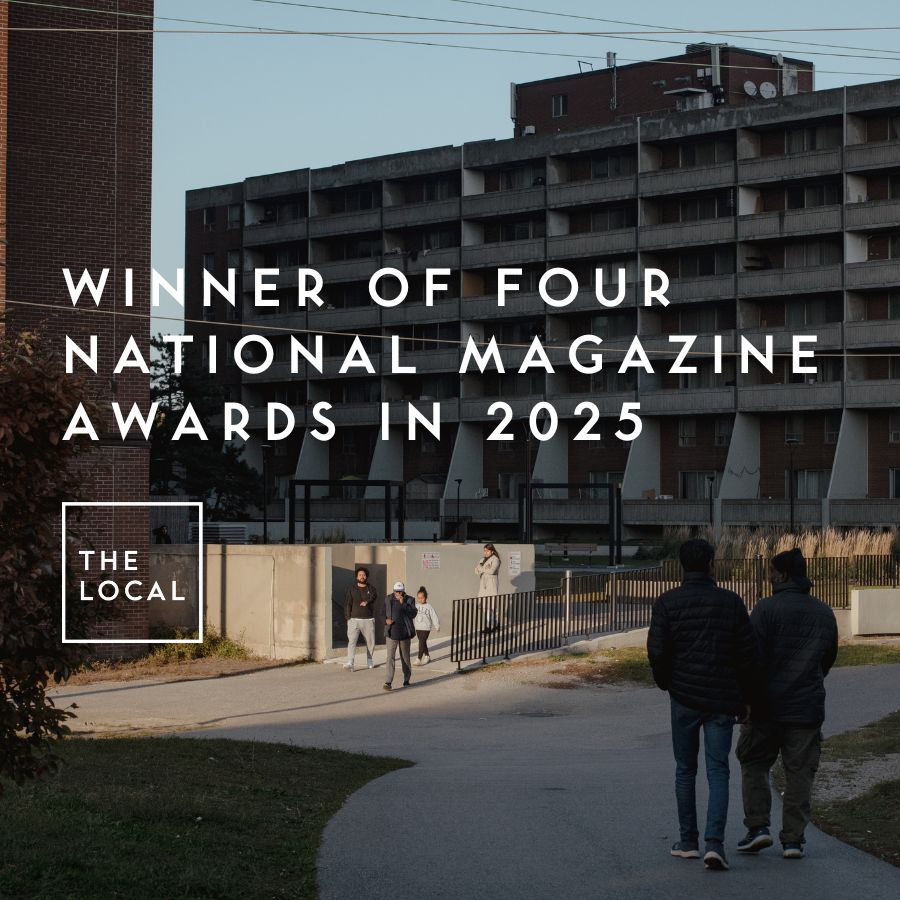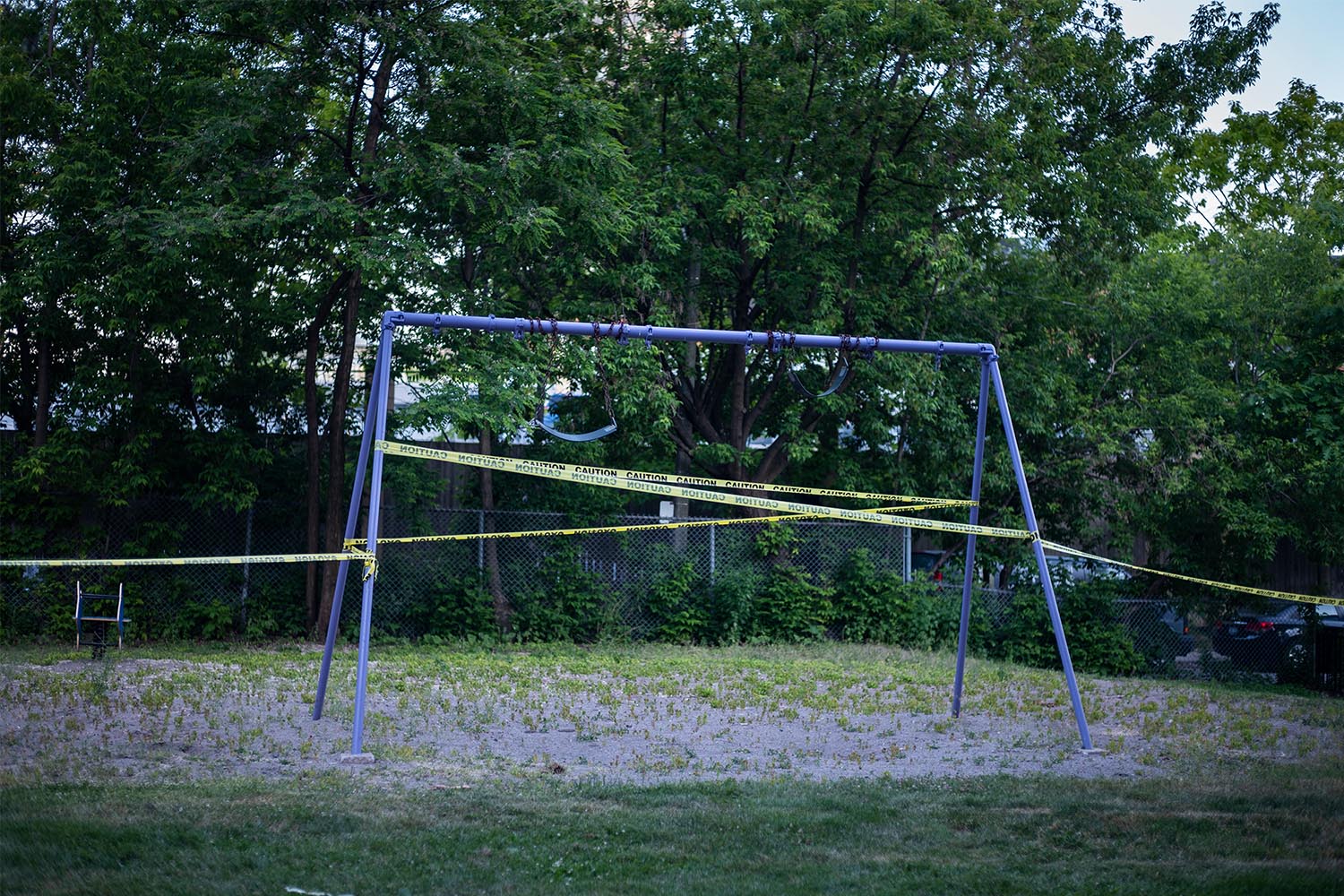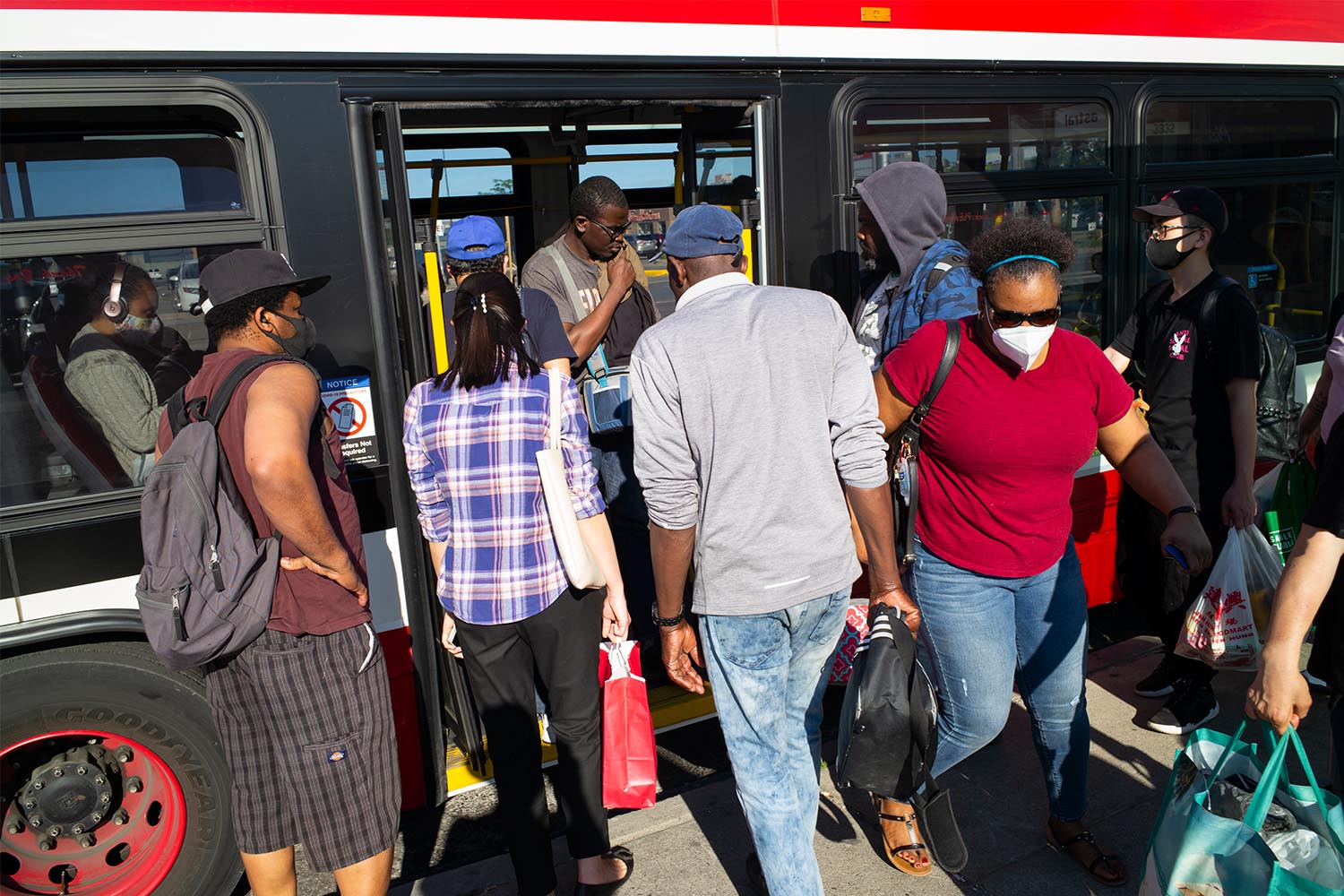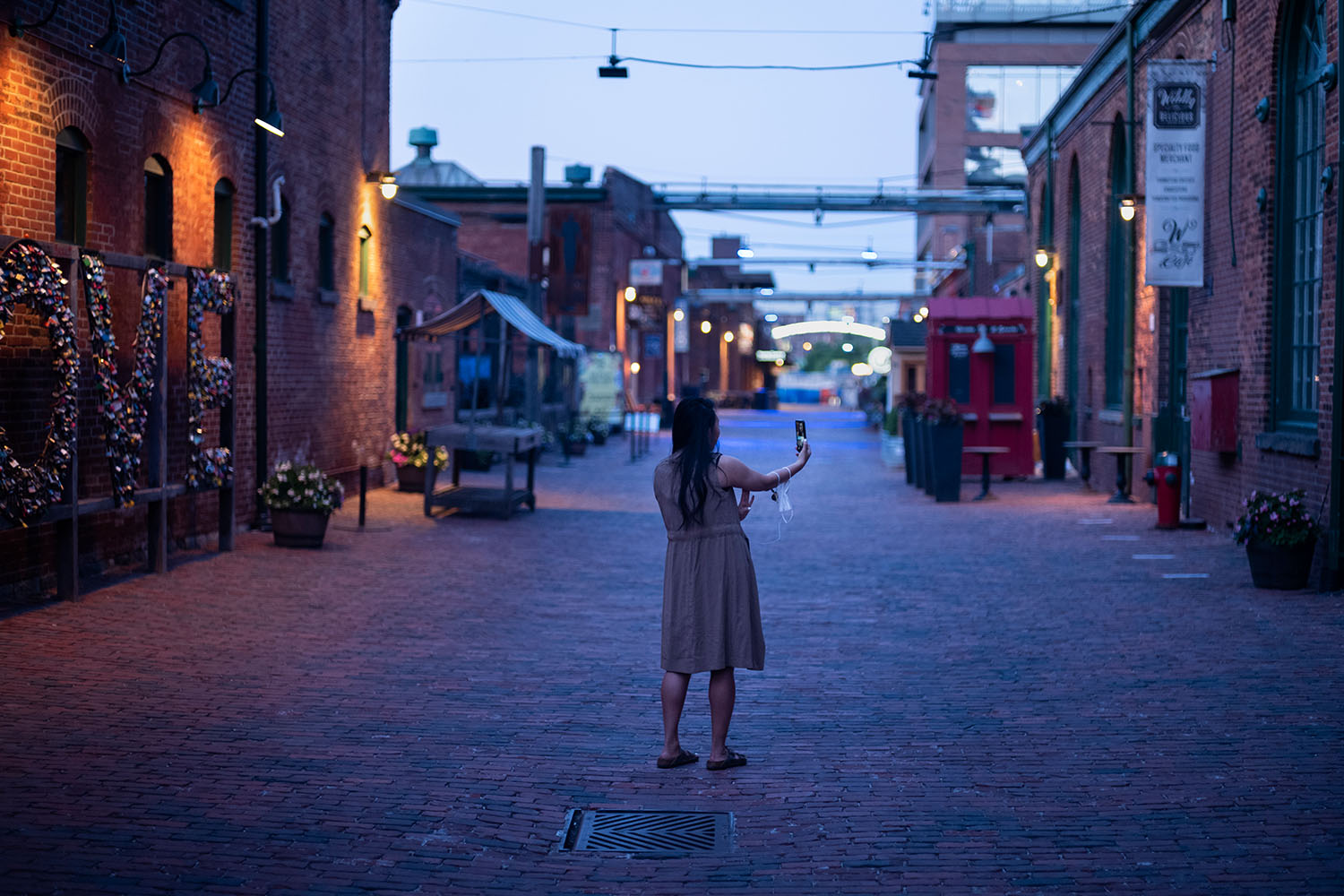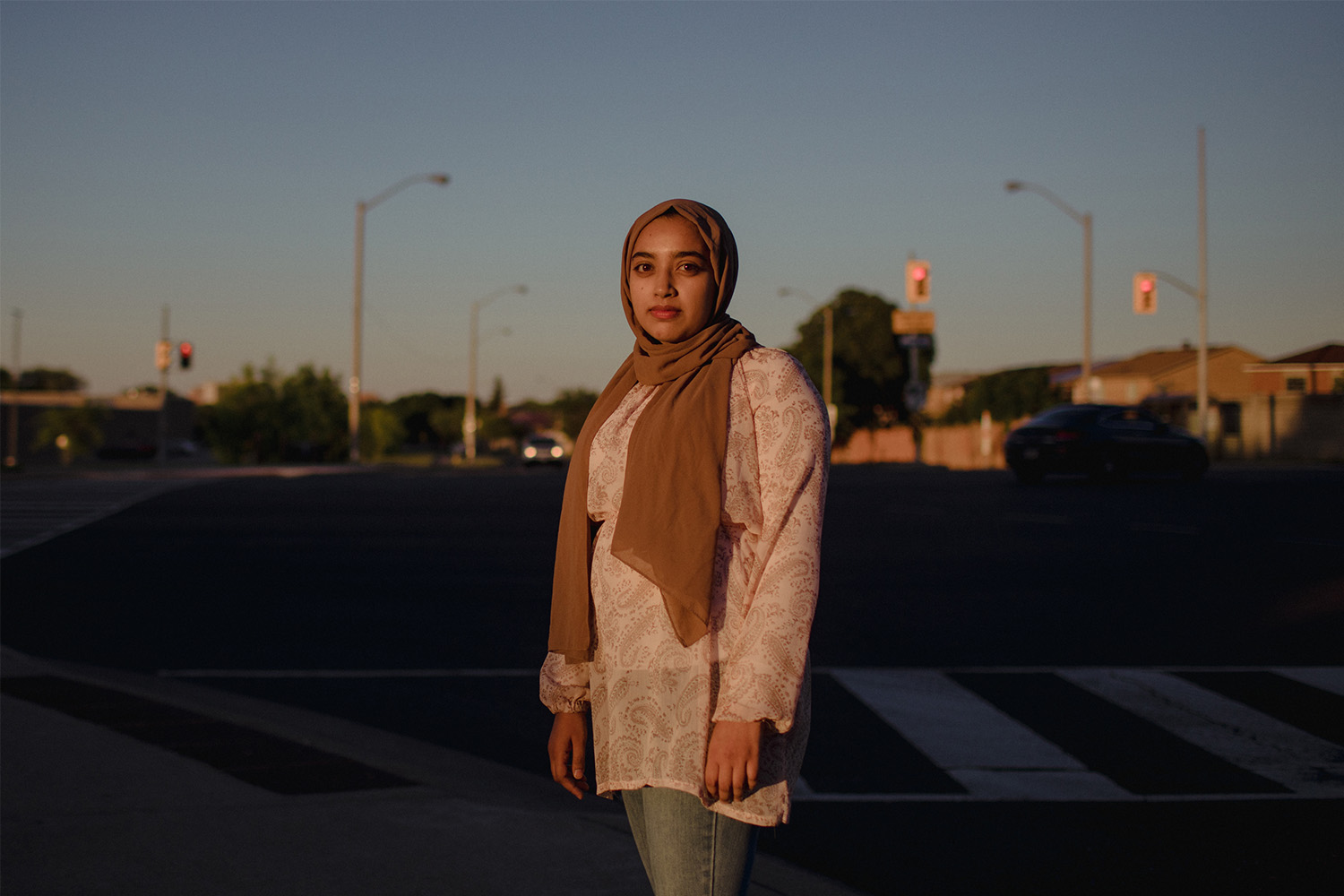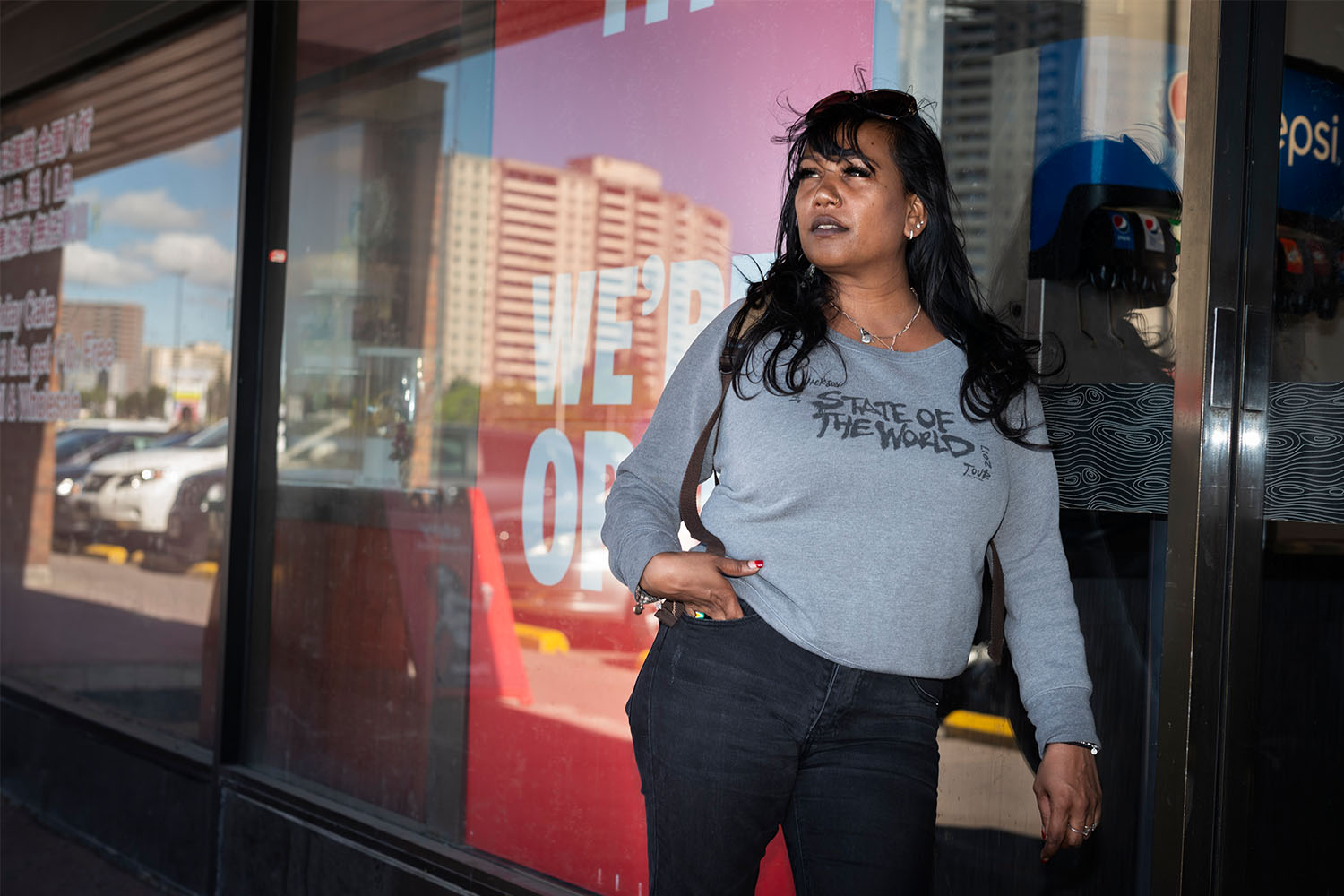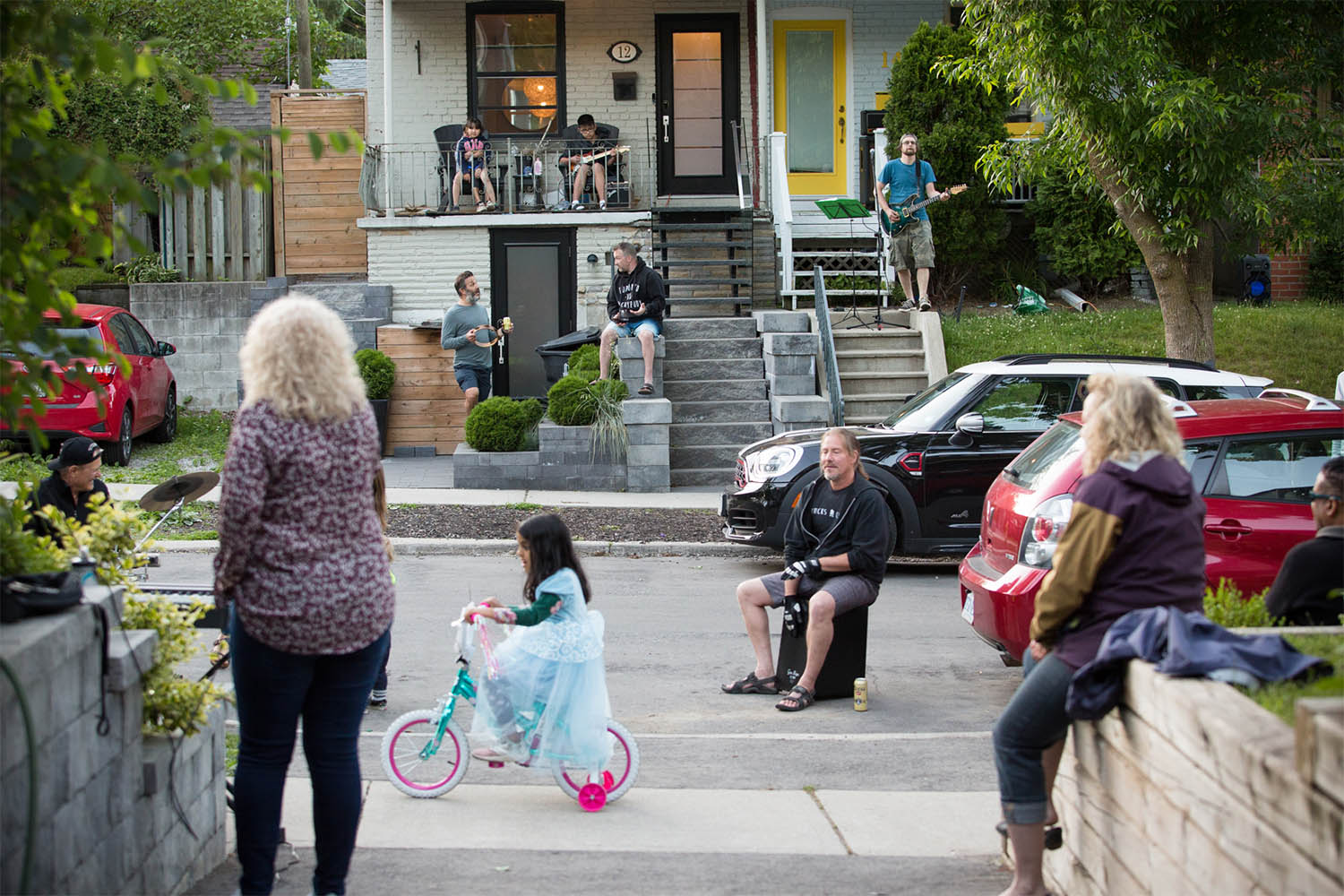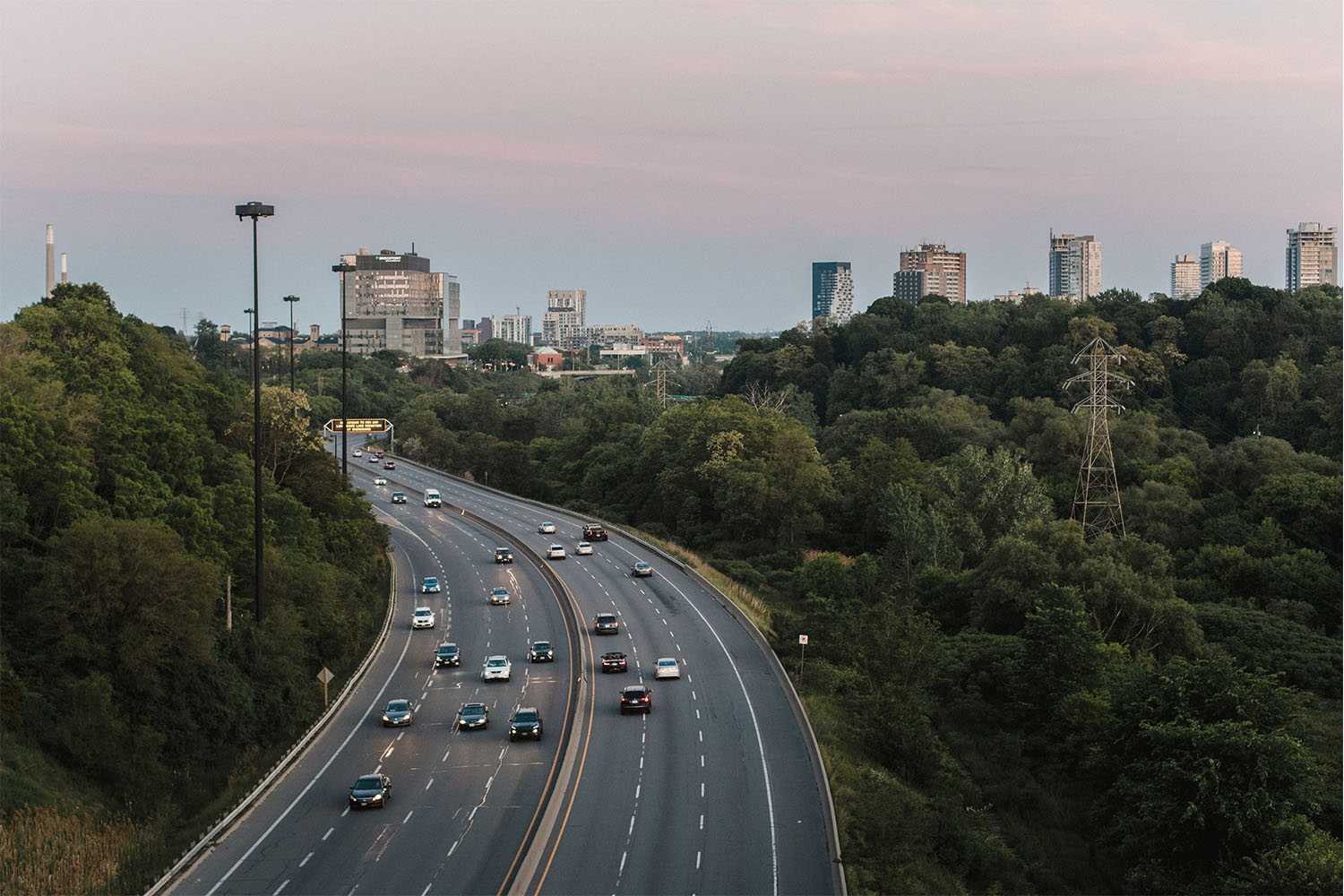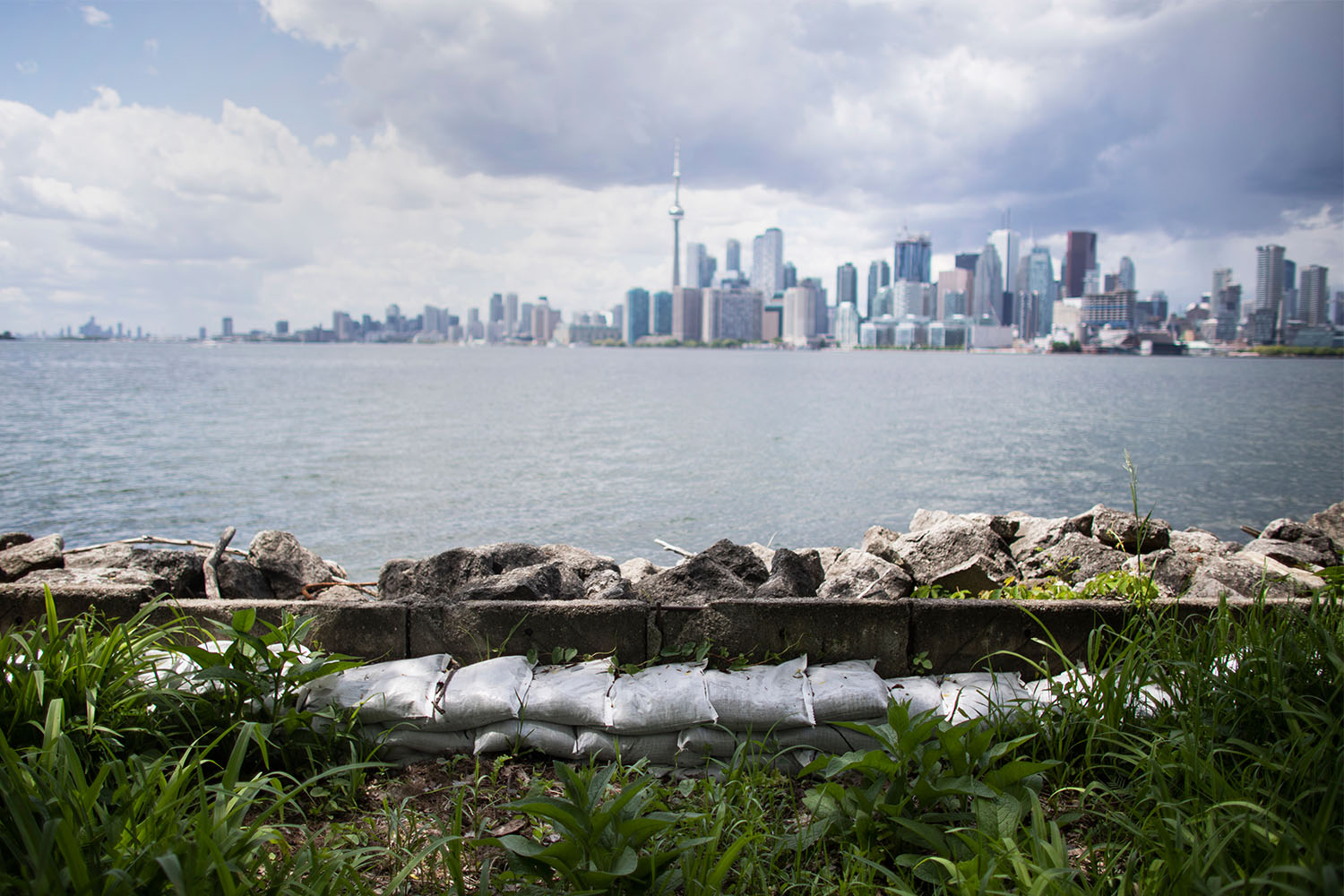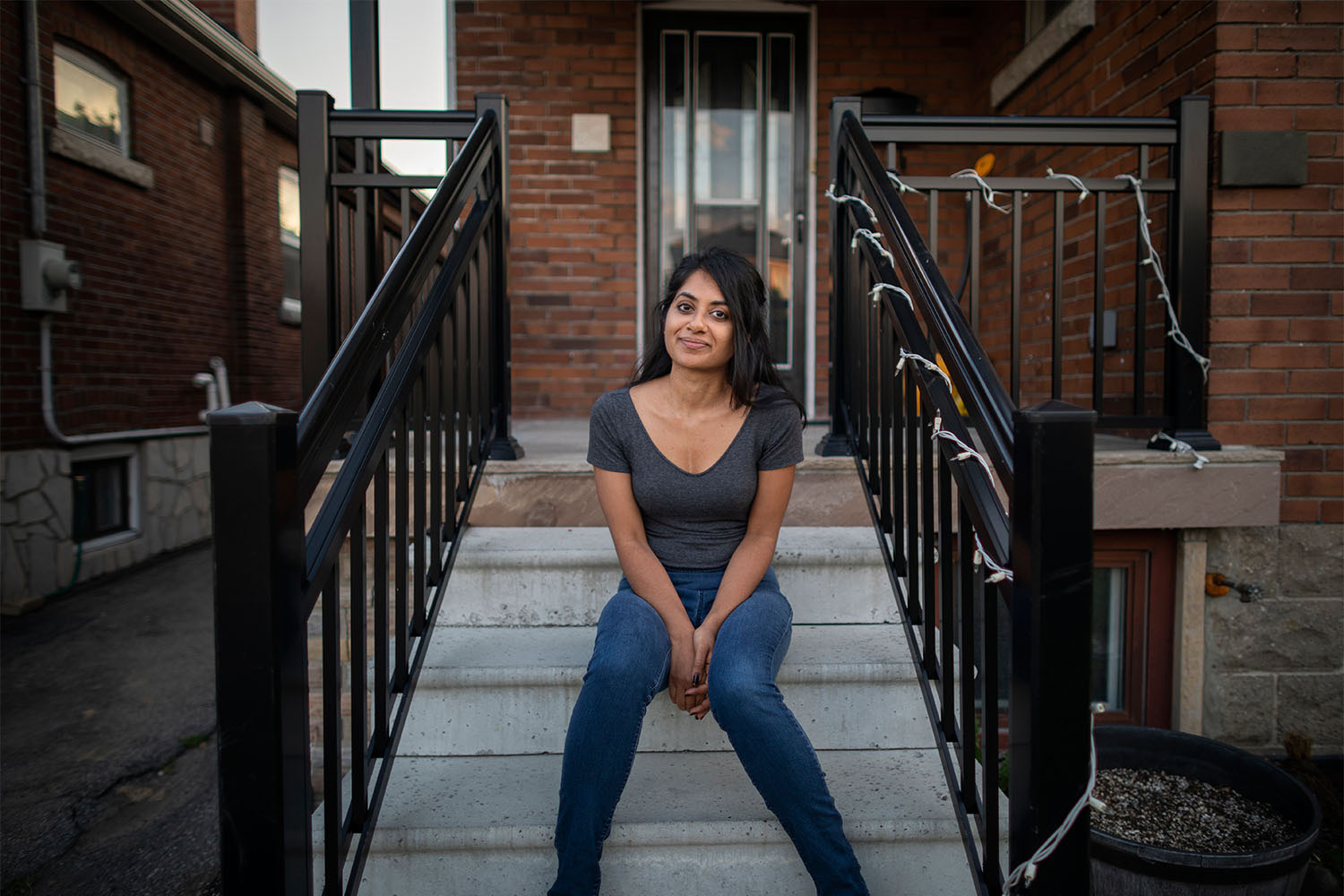
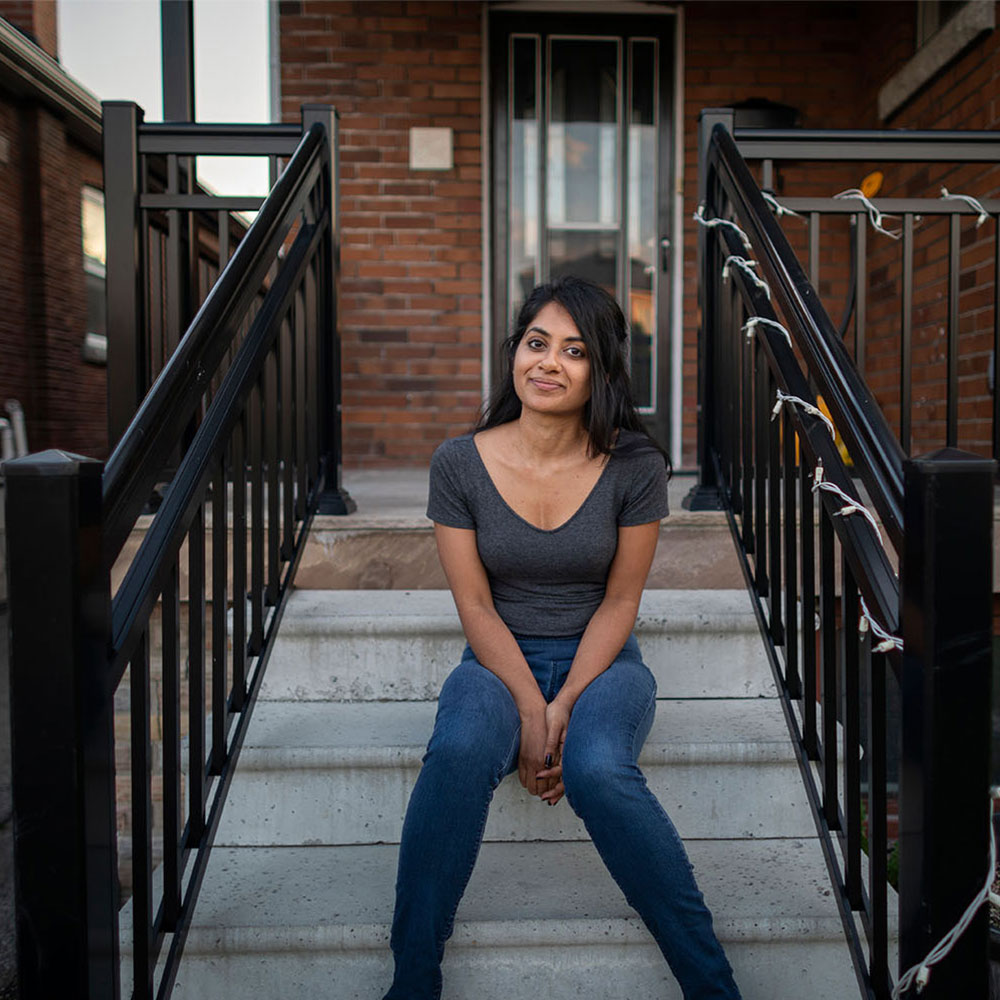
There’s only one free app I can use to talk to my parents in the United Arab Emirates. It’s called ToTok, and you can’t find it on Google Play. In December, it made headlines for being an Emirati government spying tool. I deleted it, as the experts recommended. I figured I wouldn’t need it, since my parents were planning on moving back home this year anyway. Little did I know what we were in store for.
My parents have lived in a town in the UAE bordering Saudi Arabia since 2017. They were to move back home to the GTA this summer, but the pandemic changed their plans. Direct flights now are rare, and you think twice about moving countries when your age and health are major risk factors.
The week the pandemic was declared, I stayed up late on Twitter searching for any COVID-related tweet from UAE. Under lockdown, my parents can’t drive to the next emirate without quarantining for 14 days. They can walk in their own neighbourhood, but it’s so hot now that they must do it before 8:00 a.m. My dad turned 68 this year. It took a month for him to get an all-clear to work from home and I spent the whole time text-yelling at him to just stay home. In March, I reinstalled ToTok.
The pandemic has been anxiety-inducing and extraordinary for everyone in Toronto. But for those of us with family and friends in far-reaching corners of the world— for many of the two million people in Toronto and its suburbs who were born in a different country—COVID has meant not just living in our own lockdowns, with all the confusion and worry that’s wrought, but living in theirs as well. With every late-night family Zoom-call, every google search for COVID news of another country, their pandemics and ours coalesce a little more.
My neighbourhood in Eglinton West—where you can find everything from Ethiopian injera, Jamaican patties, and Colombian empanadas—feels like a microcosm of a city where so many are living through multiple pandemics. My daily walks along the Beltline trail that cuts east to west along the city’s midtown takes me past families’ conversing in Spanish, Tagalog, Mandarin. I pass flags from South Korea and Italy and one that’s half a Canadian flag, half Portuguese—a perfect emblem for the way Torontonians traverse different cultures daily. Caribbean music wafts from patios. The Filipino clerk at the nearby drug store tells me that her brother tested positive for COVID-19 in England and is only just out of the ICU there.
My house is a one-storey walk-up in a neighbourhood of similar homes with little rectangular lawns. Between my roommates and I, we‘re living through pandemics across four different continents. Confined to our homes, our schedules are set according to our video chats with loved ones in Brazil, India, Dubai, Australia.
When India went into a complete lockdown in March, with people not even allowed to leave for groceries, I was still taking evening walks with my roommate Sakshi, whose friends and family live in northern India.
One evening in March, she told me she’d decided to stay home—an act of solidarity with her family, who were worried about her. For an entire month, she only left the house twice for groceries. Every evening, as I laced up my walking shoes by the front door, I’d ask her if she wanted to join. Each time, she’d say no. I’d come back an hour later to find her on the couch, in the spot she’d been when I left.
Sakshi’s work managing dentists’ social media accounts was deemed non-essential and closed almost immediately. Her sleep schedule now revolves around when she can talk to her family. I hear her talking late into the night with her best friend, who’s getting married in November. She sleeps until the afternoon, taking a WhatsApp video call from her mom as she makes brunch, or putting her friend on video who’s up late in India.
Isabel and Carlos, a married couple from Brazil live in the basement with their dog Toby. They haven’t been walking much either, out of fear. They came here a year ago as students, seeking a better life after her husband was robbed at knifepoint near their home. Before the pandemic, Isabel was trying to improve her English to get a better job. She hasn’t been working since the pandemic, and any chance of getting an internship has been postponed. Carlos stays in a lot; Isabel says he’s signed up for online courses to keep busy.
In February, Isabel cancelled her trip home for her sister’s wedding. In May, her niece was born. “My family wants me to come back,” she says. “I miss them too.” She worries about them, but somehow, she says, the lockdown here feels worse. Her family tells her everything’s fine in Brazil, that even their buses remain packed. But recent media reports from the country—which now has the second highest global death toll—seem to paint a different picture.
Every time I see my parents on video, it feels like my mom’s aged a bit more, her hair a bit whiter. It’s hard to get through the rest of my day after seeing her like that and not knowing when we’ll be able to talk in person. For nearly twenty years, she’s been on a daily regimen of pills for chronic conditions. It doesn’t help hearing reports that her diabetes might put her at greater risk.
On the weekend, she texts that her fibromyalgia has been acting up and she can barely get out of bed. I call her on ToTok to see how she is. “I don’t know what’s happening anymore,” she says. I worry; who does she have to talk to? Most of her friends are here. She says her new friends, my dad’s work colleagues, are being relocated. “When will we all be together again?” she says at the end of every call.
The truth is, I try to limit video chats with my parents, because whenever I see them, my eyes twinge. I don’t know when I will see them; I don’t know if they’ll be safe; and I have too much time to think of the possibilities.
Pre-pandemic, the world felt small. In January, I flew to southern Africa for a writing assignment, and in the time it took between strapping into my seat at Pearson and waking up a continent away, it barely felt like time had passed. Now being with loved ones far away is a hope, rather than a certainty, and there’s a silent enemy that threatens to engulf the world unless we stay away from each other.
There is comfort in living in a city intrinsically linked, through its people, to nearly every corner of the world. It can make you feel like part of a bigger whole. But our multiple pandemics encircle us, occupy us. Our minds are in different places. We’re cocooned, on personal screens and pixelated squares of data. It’s disconcerting, isolating, and there’s no clear end in sight.
